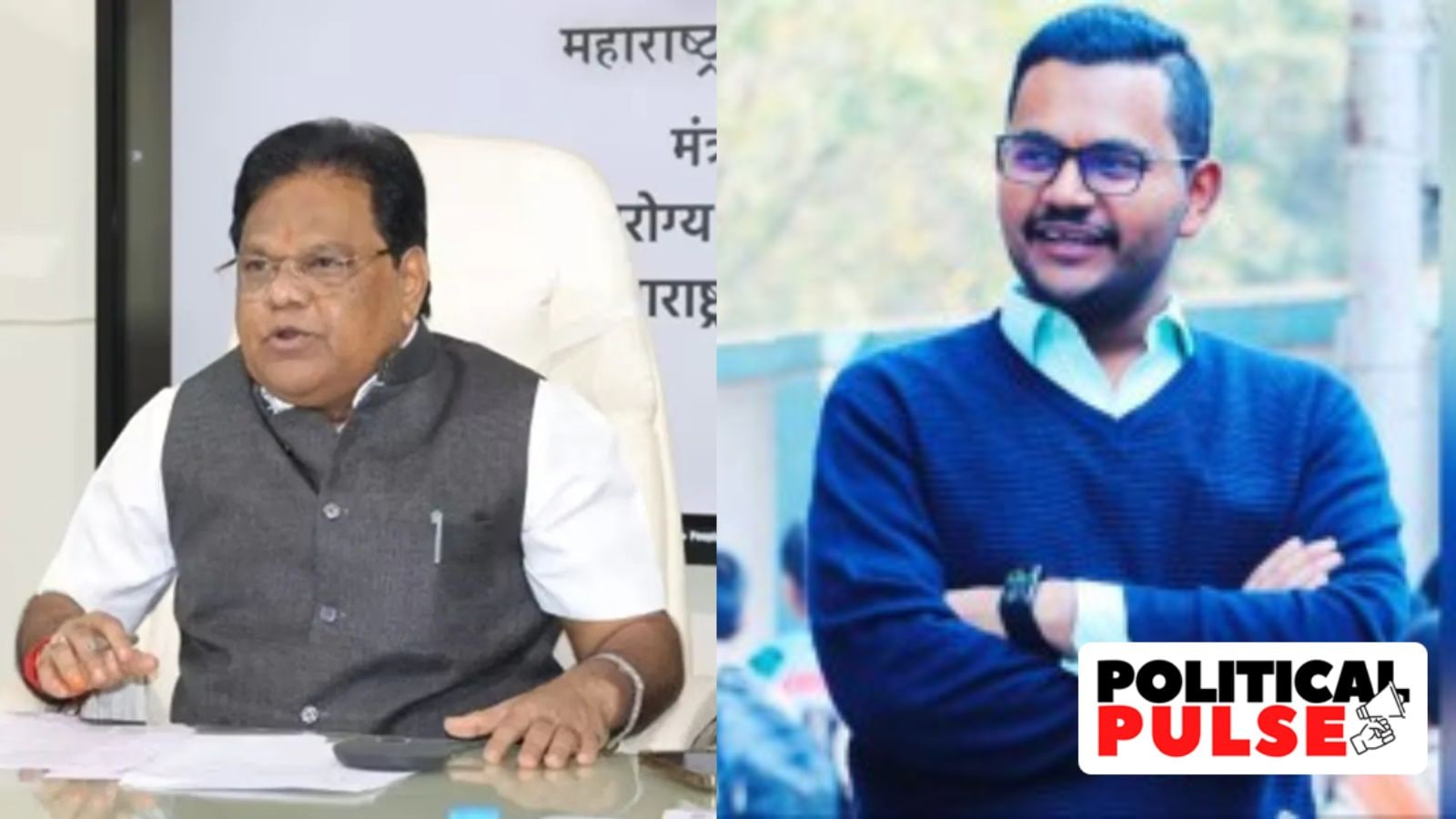 |
|
The recent mid-air drama involving Shiv Sena leader Tanaji Sawant and his son, Rushiraj, has thrown a spotlight on the intertwined worlds of Maharashtra politics and high-stakes family dynamics. The incident, which involved the interception of a chartered flight headed to Bangkok, has sparked considerable controversy and raised questions about the use of power and influence within the state. Tanaji Sawant, a prominent figure with a rapid ascent in Maharashtra's political landscape, found himself at the center of a public relations nightmare when he reported his son missing, triggering a large-scale search and ultimately grounding the flight. The ensuing events highlight the complexities of family relationships within the context of a high-pressure political environment.
The narrative surrounding the incident is multifaceted. While Sawant maintains that his concern for his son's well-being was genuine, stemming from Rushiraj's departure without informing the family, his son offers a contrasting perspective. Rushiraj, a 32-year-old involved in the family's business empire, claims he intentionally kept his travel plans secret, anticipating family disapproval given his recent trip to Dubai. This divergence in accounts underscores the potential for a family feud to escalate into a major political incident, drawing in significant resources and raising questions about the appropriate use of state power. The opposition has been quick to criticize Sawant's response, suggesting the situation was mishandled and that state resources were inappropriately deployed to address a personal family matter.
Tanaji Sawant's background reveals a trajectory from academic pursuits to significant influence in multiple sectors. His education as an electrical engineering graduate, followed by a PhD and professorship at an engineering college, provides a foundation for his later entrepreneurial ventures. The establishment of the Jayawant Shikshan Prasarak Mandal Trust, under which he built a substantial educational empire, showcases his business acumen. This empire extends beyond education, with a substantial footprint in Maharashtra's sugar industry, encompassing multiple mills and reflecting his deep roots in the region. His involvement in the turnaround of the Terna Cooperative Sugar Mill, once the largest in Marathwada, is cited as a significant achievement, although the mill's history also reveals a darker side, with links to past violence and legal battles, including the murder of a rival figure.
Sawant's political journey began with his entry into the Shiv Sena in 2016. His rapid ascent within the party is largely attributed to his proximity to Uddhav Thackeray. This close relationship led to his appointment as Minister for Water and Soil Conservation in 2019, a position that brought him further into the public eye. His time in office was marked by both significant achievements and controversial incidents. His explanation for a dam breach in 2019, attributing it to crabs, became a source of widespread ridicule and political fodder for his opponents. Subsequent clashes with other political figures, including public disputes over unpaid cane dues, further highlight his sometimes combative style and propensity to generate controversy. His political allegiances shifted following the split in the Shiv Sena in 2022, aligning himself with Eknath Shinde's faction and briefly holding the Health portfolio before his perceived discontent led to his eventual exit from the cabinet.
The broader implications of the Bangkok flight incident extend beyond the immediate family conflict. The involvement of Union Minister of State for Civil Aviation, Muralidhar Mohol, in orchestrating the return of the flight suggests a potential intersection of state and federal power in addressing a seemingly personal matter. The incident has raised questions about transparency and accountability, particularly regarding the deployment of resources from various agencies. The criticism levelled against Sawant touches on issues of potential overreach, abuse of power, and the blurring of lines between personal affairs and political influence. This case serves as a reminder of the potential for familial disputes to become heavily politicized, with far-reaching consequences for those involved and the state's image.
In conclusion, the saga of Tanaji and Rushiraj Sawant offers a complex case study of family, politics, and power in Maharashtra. It highlights the rapid rise and fall from grace of powerful figures and the interconnectedness of personal and professional lives within the intensely competitive environment of Indian politics. The incident is likely to have lasting effects, both on Sawant's political standing and on the public perception of political figures wielding considerable influence within the state. The ongoing debate concerning the appropriate use of state resources and the accountability of powerful individuals will undoubtedly continue to shape the political discourse in Maharashtra in the coming months.
